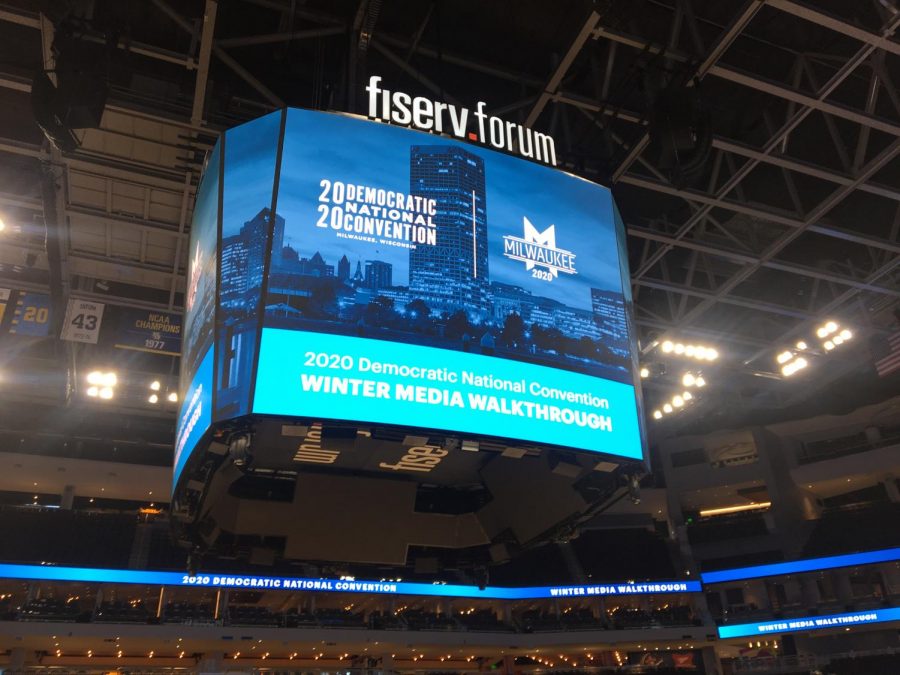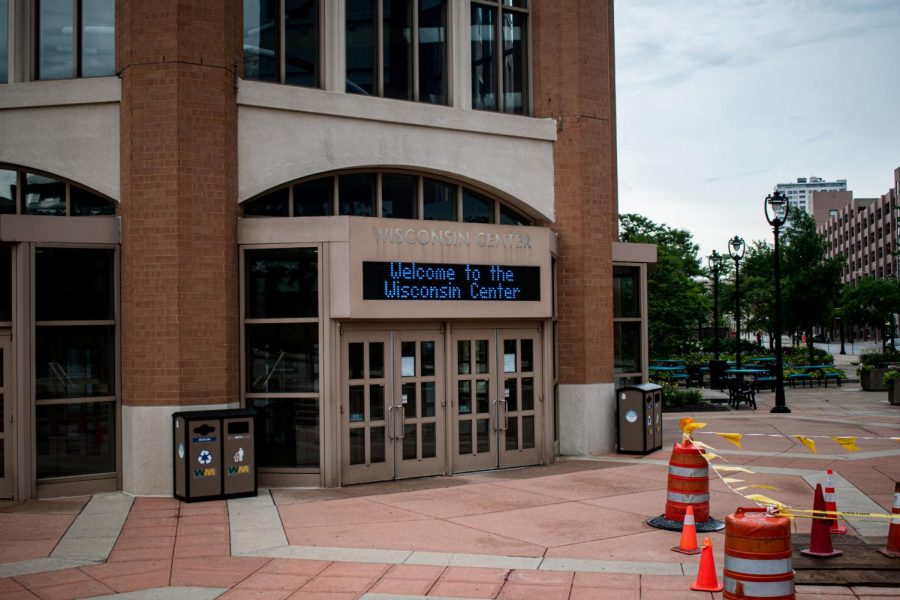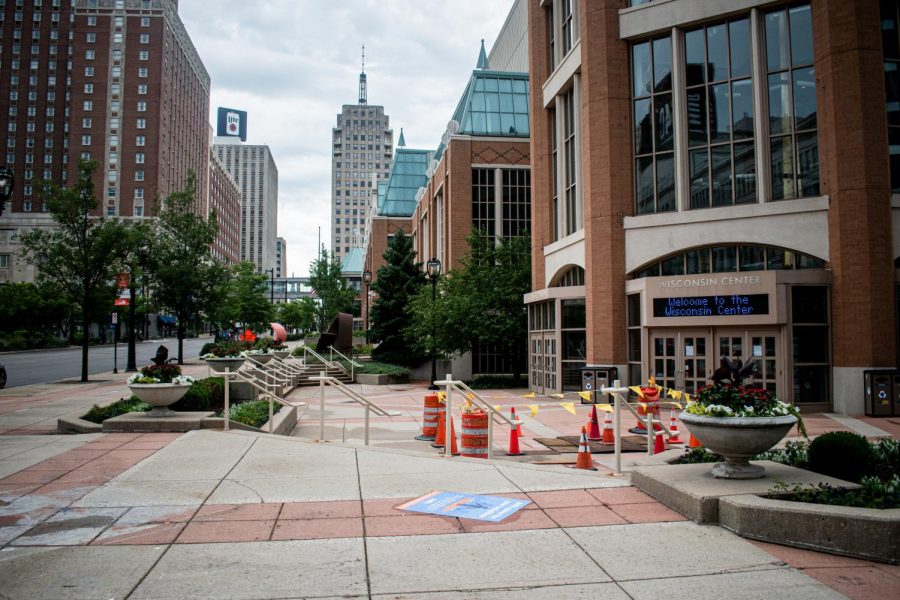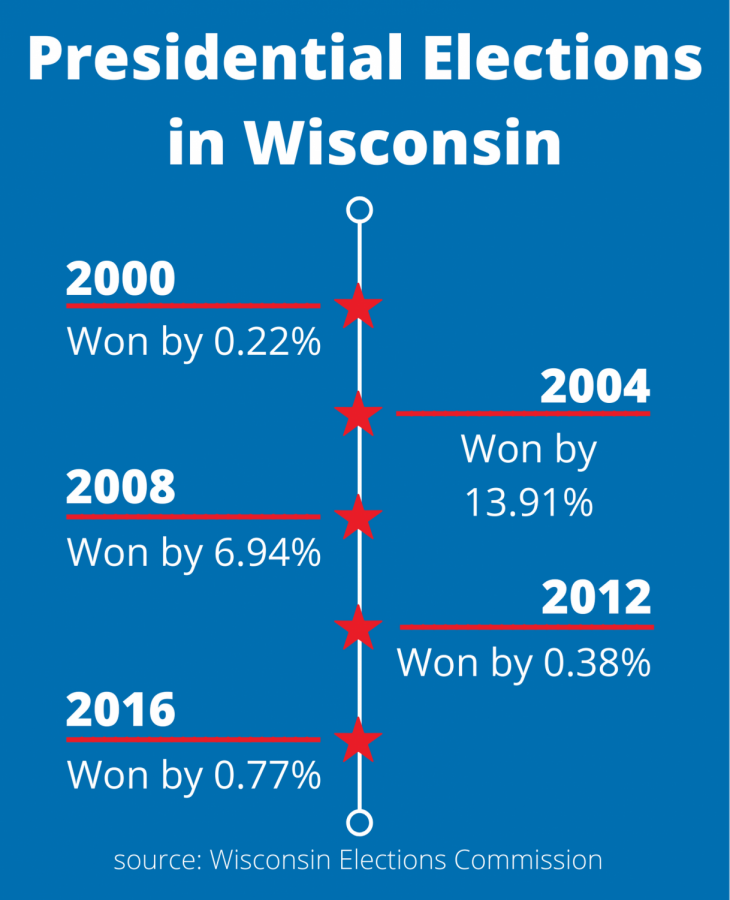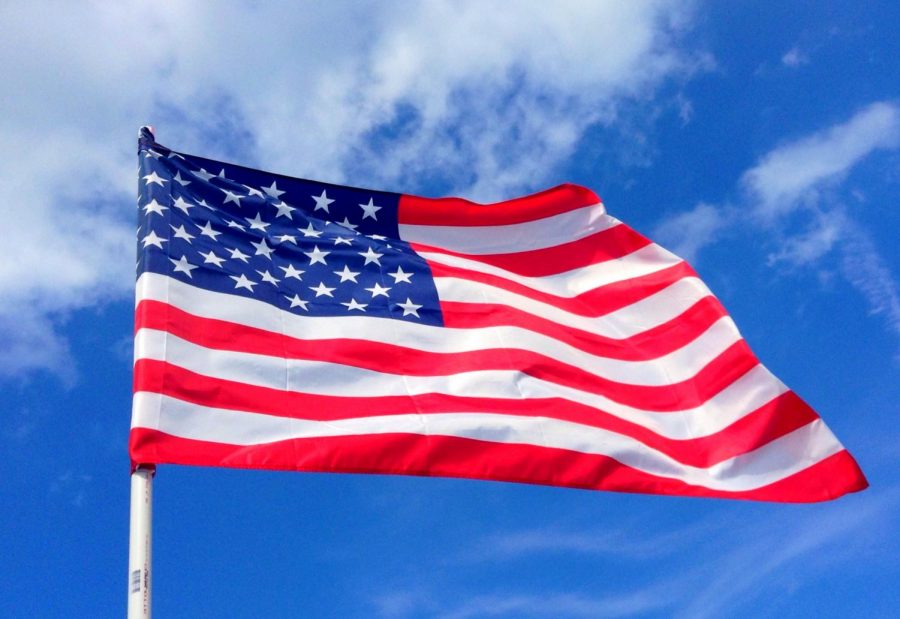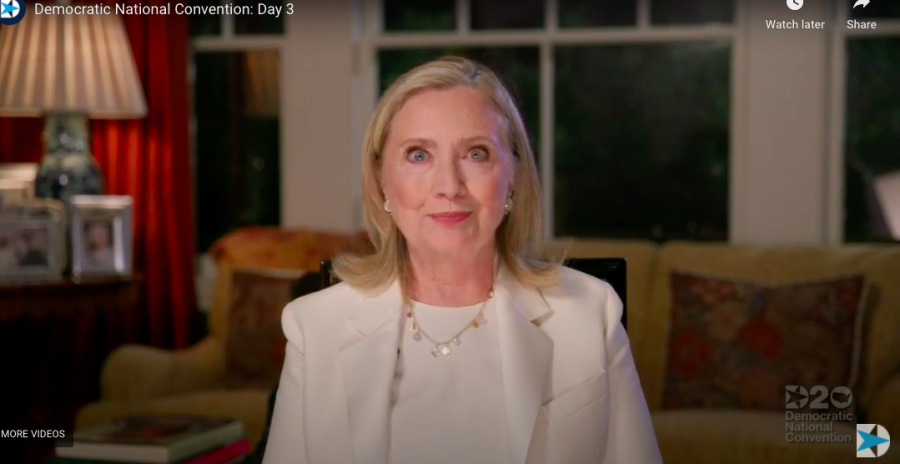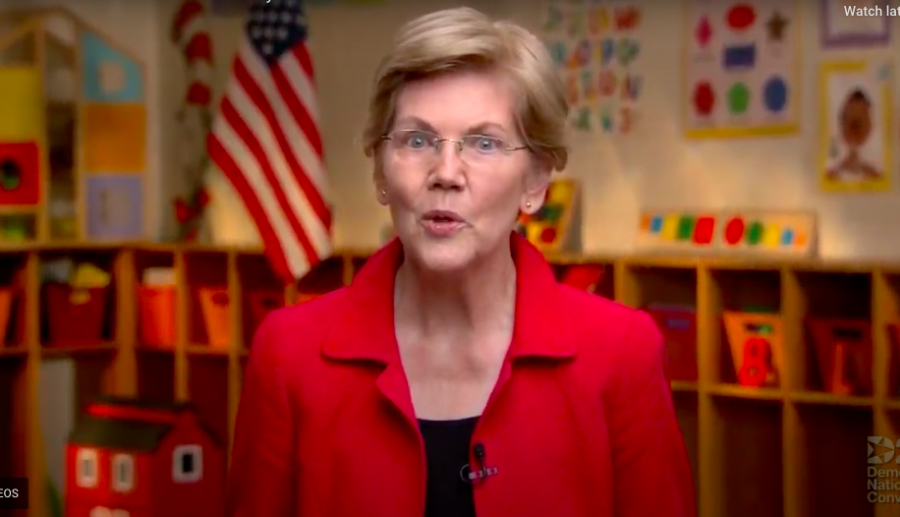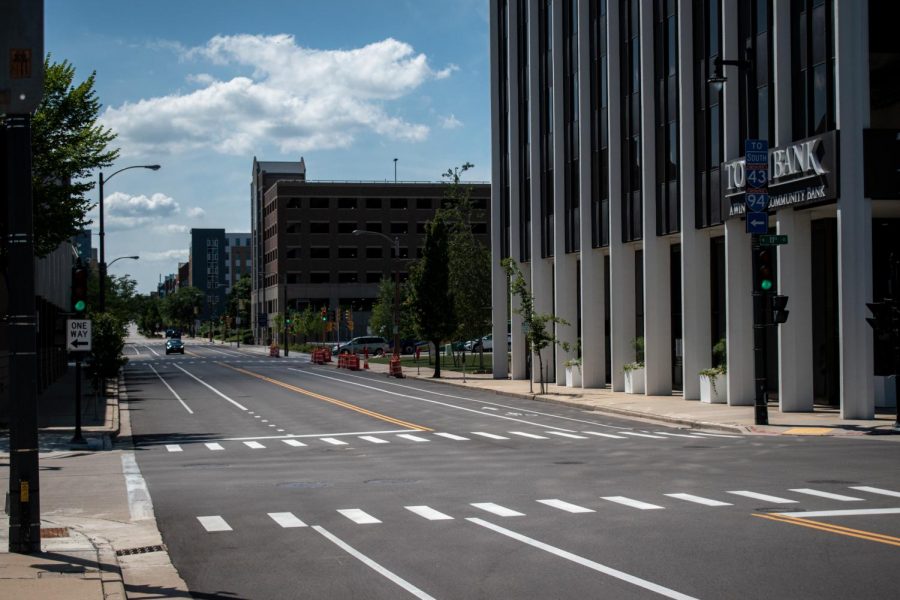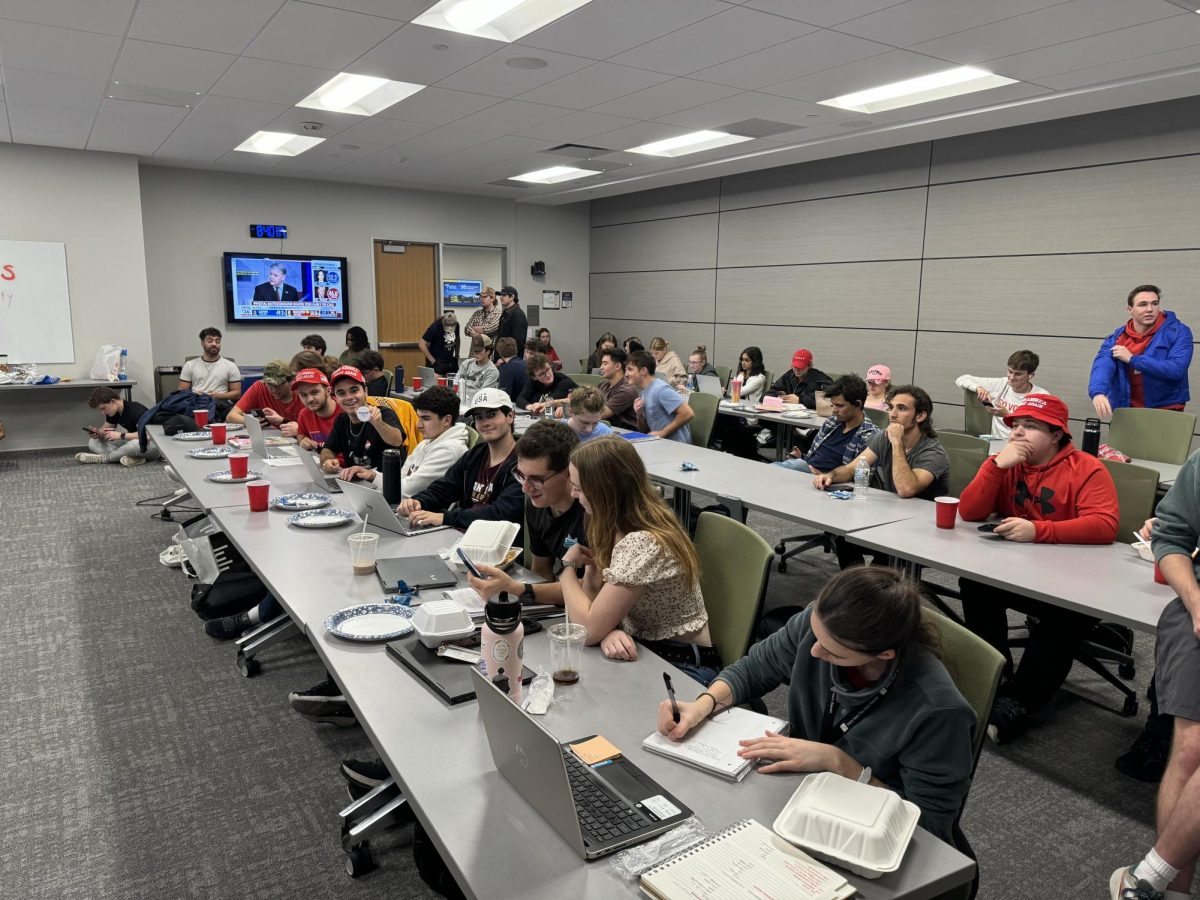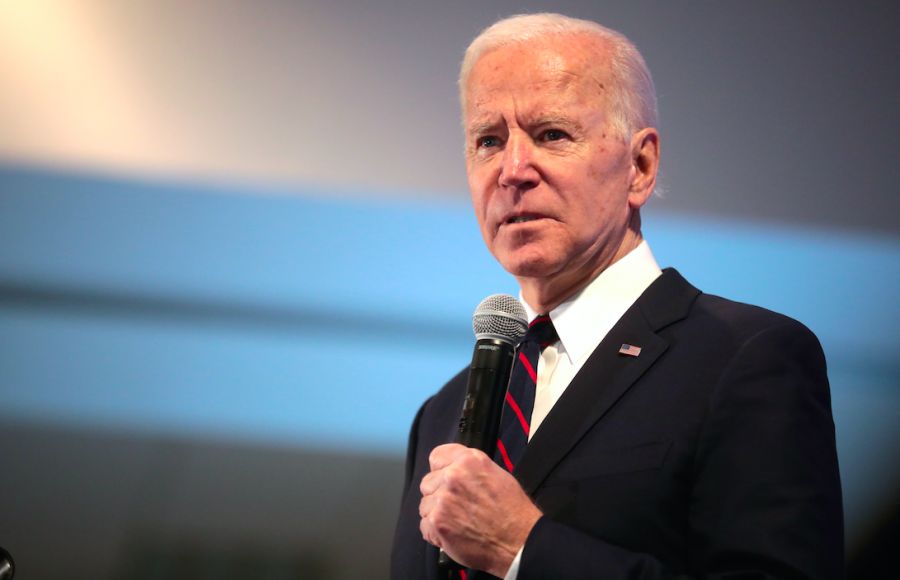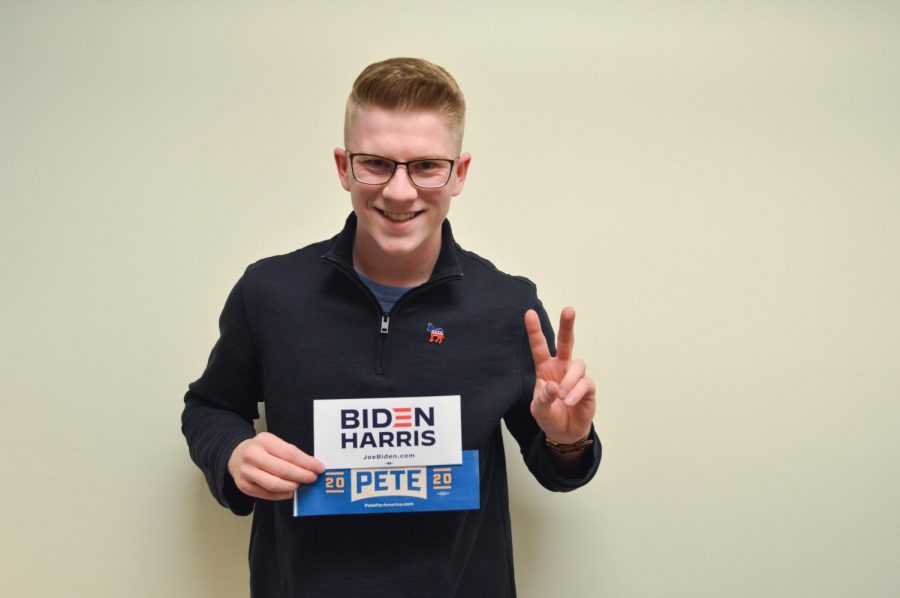To a crowd of hundreds of media members Jan. 7, Gov. Tony Evers, Lt. Gov. Mandela Barnes and Wisconsin State Treasurer Sarah Godlewski spoke on a panel moderated by chief executive of the Democratic National Convention Joe Solmonese, about the importance of Wisconsin and its voters during the upcoming 2020 election.
“At the end of the day, this is a key state,” Evers said. “I truly believe that Wisconsin will be the state that elects a new president of the United States.”
In 2016, President Donald Trump won Wisconsin by about 23,000 votes, and he ultimately won the electoral vote as well. Wisconsin has 10 electoral votes out of 538.
Milwaukee will be hosting the Democratic National Convention July 13-16. The Midwest city beat Miami, Florida, and Houston, Texas, in the last round of contending cities to host. The convention will be held at Fiserv Forum, with a guest expectancy of more than 50,000 people and over 15,000 volunteers.
This is Milwaukee’s first national convention. The last time a major convention for Democrats took place in the Midwest was in Chicago, 1996.
On the panel, Evers talked about what has changed in the state since he was elected governor. Last Tuesday was all three speakers’ first anniversary in office.
Evers talked about the importance of better health care and funding for more resources for Wisconsin’s public school systems. Evers also mentioned his motion to legalize marijuana, as well as better health care for those suffering with preexisting health conditions.
Godlewski said most Wisconsinites worry about financial securities. She said after talking with citizens at town hall forums and meetings, she learned many are worried about their student loan debt and retirement savings.
Godlewski said older people worry for their children’s financial security in addition saving enough for their own retirement.
As chief executive for the convention, Solmonese’s goal is to “put Wisconsin on the map” and have the convention be “less about spectacle, more about substance.”
The panel talked about the importance of reaching out to voters across the state in towns out west, up north and even in their own backyards.
“Traveling the state, in part of showing up, you have to listen,” Godlewski said.
Wisconsin had an estimated turnout rate of 33% of voters ages 18-29 in the 2016 primaries, which equates close to 300,000 voters in that age group, according to the Center for Information & Research on Civic Learning and Engagement. Evers said there needs to be more turnout of young people..
“Every four years they say this is the year, and every four years it doesn’t happen,” Evers said about the young vote.
Barnes said there needs to be a presence everywhere in order to have a better voter turnout.
“We (Milwaukee) are in the center of the political universe,” Barnes said.
This story was written by Natallie St. Onge. She can be reached at natallie.stonge@marquette.edu.

